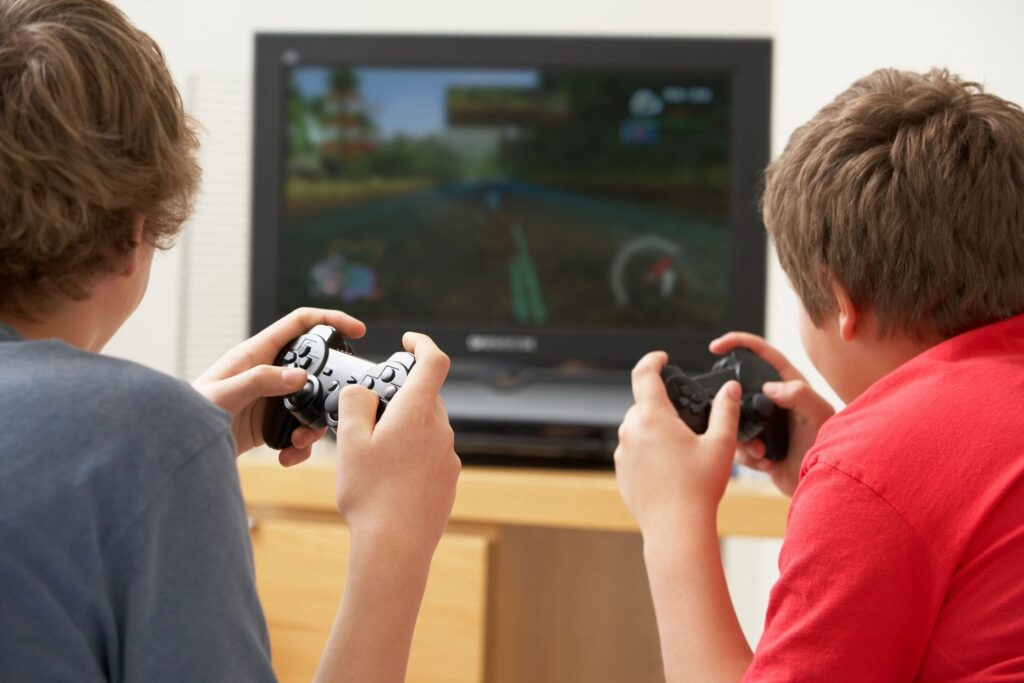Emotion-Affective Psychology
Are Video Games Linked to Aggression? Researchers Can’t Agree
Whether violent video games go hand-in-hand with violence in real life seems like exactly the kind of question we should send over to the psychology researchers. And psychology researchers do have an answer. Actually, they have several different answers that contradict each other. First, I’ll give you the results of the most recent study published…
Read MoreWhen a First Impression Misleads
To some extent, we all judge based on first impressions. But that doesn’t mean we judge accurately. A new study from researchers at University of Bologna suggests that our initial judgments about whether someone is trustworthy can influence our ability to read their emotions. Psychologists have known that we tend to make snap judgments about…
Read MoreNews Flash: The News Is Making You Less Happy
Breaking news, this just in! According to reports we’re getting, uh, it seems that the news might be messing with your mental health. And by reports, I mean a study just published in the British Journal of Psychology. The study, titled Is the News Making Us Unhappy? The Influence on Daily News Exposure on Emotional…
Read More6 Predictors of Relationship Satisfaction
Happy Valentine’s day! Or is it? That might depend on how satisfied you are with your relationship. It’s hard to define what makes a good relationship, but scientists have a few ideas. Here are 6 factors that have been linked to relationship satisfaction. 1. Knowing your partner’s emotions It’s easier to navigate a relationship when…
Read MoreHow Our Ability to Recognize Emotions Changes With Age
Being able to make an accurate guess at what the people around us are feeling is a skill that helps us get along with friends, family, partners and coworkers. Like other cognitive skills, it appears to be one that changes with age. To some degree, the ability to read other people’s emotions depends on experience.…
Read MoreWhen Something Bad Happens, Tell a Joke?
If you use humor as a coping mechanism, you aren’t alone. And even if you are alone, you probably think it’s funny. A new study from researchers in Poland highlights humor’s power to help people shrug off stressful and unpleasant events. In the study, researchers asked 54 participants with remitted depression to view images that…
Read MoreFour Types of Bad Driving
All good drivers are alike, but every bad driver drives badly in their own way, to paraphrase Tolstoy. Now, a pair of psychologists from Louisiana State University have come up with a questionnaire for measuring the different ways people drive badly. In their research, the psychologists identified four main types of bad driving that occur…
Read MoreResilience Links Emotional Intelligence and Stress Management
Emotional intelligence has been increasingly recognized as important over the last several decades, the EQ to go with IQ. The idea being, of course, that all the smarts in the world won’t do you good if you can’t navigate your own emotions, and those of others. Emotional intelligence has been linked to everything from mindfulness…
Read MoreThe Link Between Emotional Regulation and Social Support
It’s easy to think of managing our emotions as something we do as individuals. In reality, though, the input we receive from others makes a difference in how we regulate our emotions. While our emotions our personal, they’re also tied up with the people around us. Psychology studies looking at the relationship between emotional regulation…
Read MoreWhen Therapists Misjudge Their Clients’ Emotions
Therapists are, of course, human, and one of the things about being human is that we sometimes misread other people’s emotions. Psychologists refer to the ability to know what other people are feeling as empathic accuracy. Having high empathic accuracy is useful in many everyday situations, and it’s especially useful for therapists as they help…
Read More









